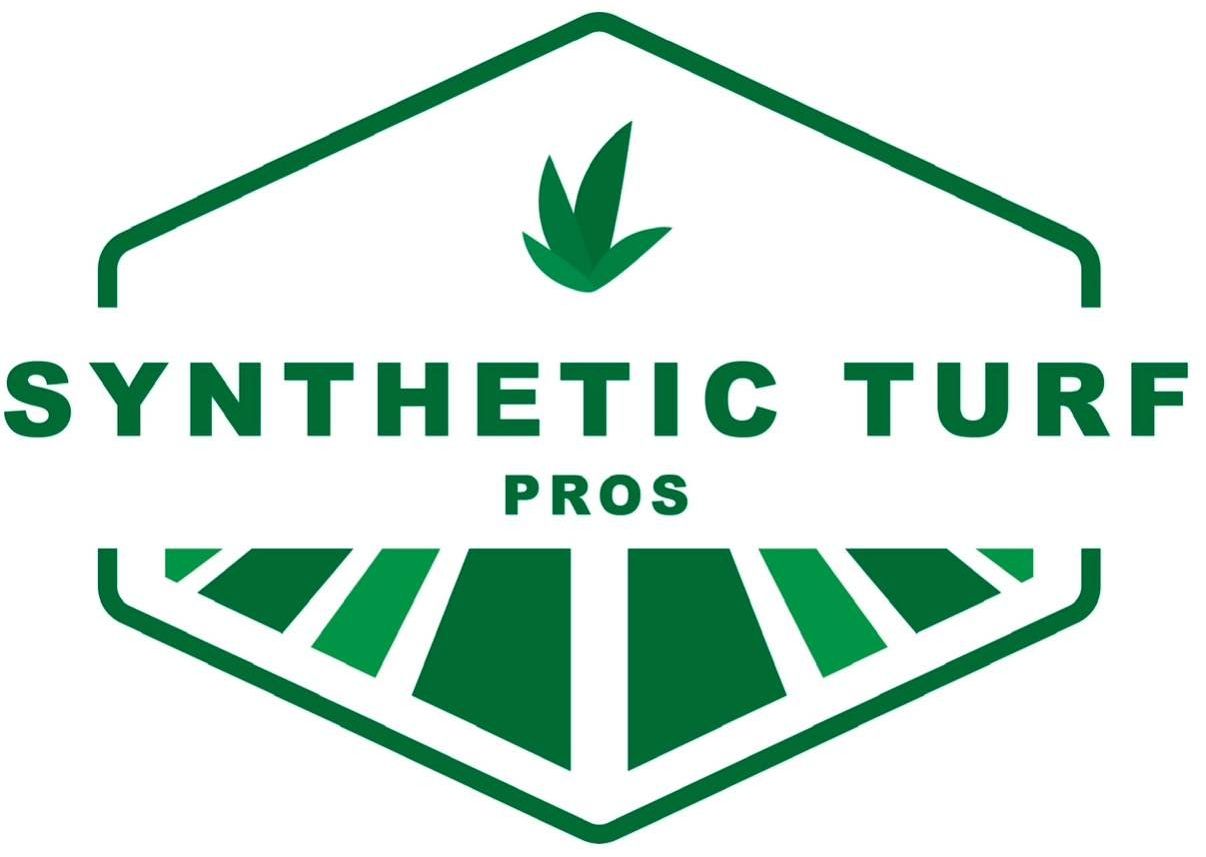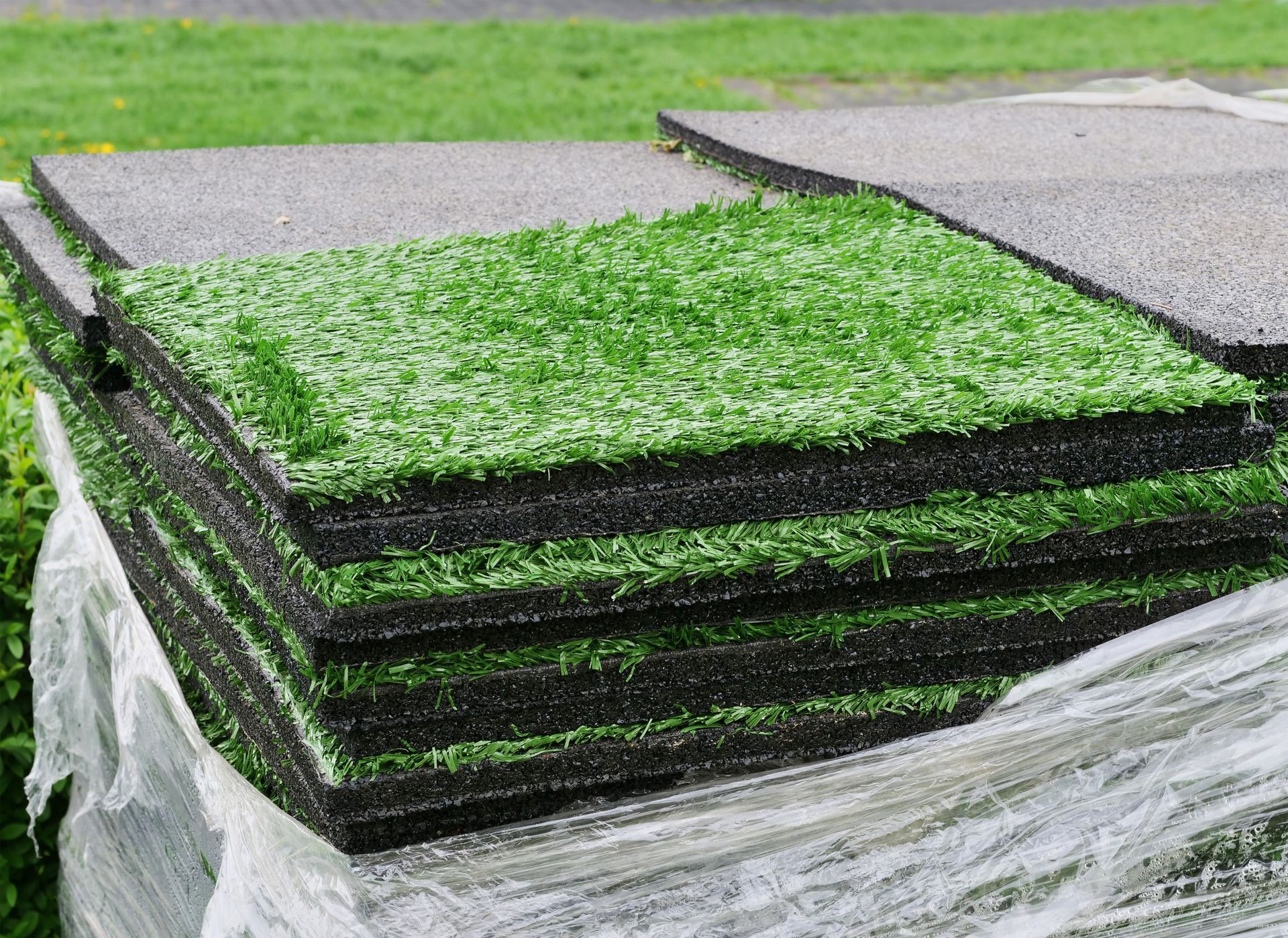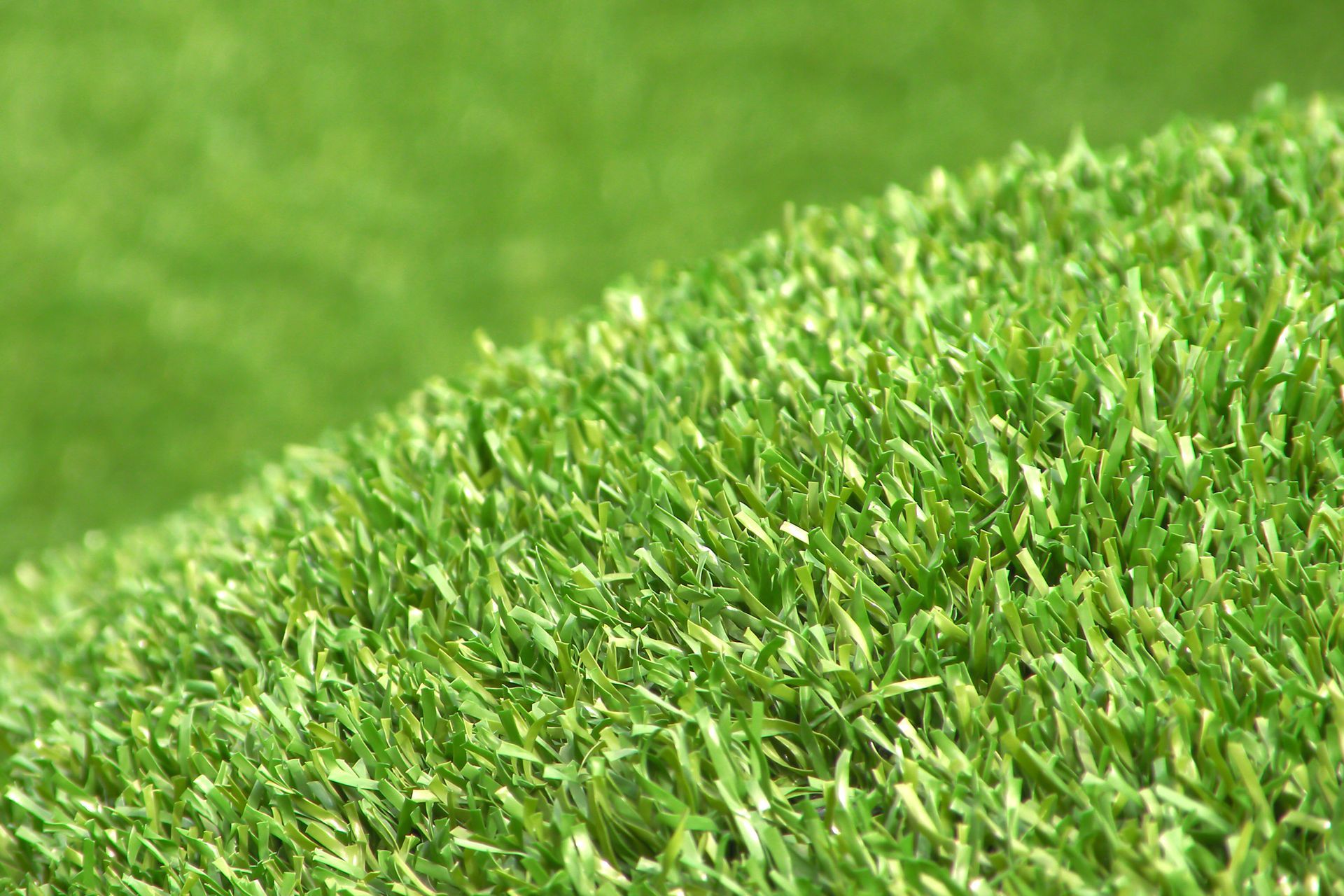What Are the Most Common Types of Artificial Grass?
Artificial grass has become increasingly popular over recent years, providing homeowners and businesses with a practical, aesthetically pleasing alternative to natural grass. It offers a vibrant green look all year round, requiring minimal maintenance compared to its natural counterpart. But with so many types available, it can be challenging to know which is best suited to your needs. In this post, we'll delve into the most common types of artificial grass, helping you make an informed decision for your outdoor space.
Examining the Strength of Nylon Turf
According to Family Handyman, there are three common types of turf: nylon, polyethylene, and polypropylene. Nylon turf is known for its strong fibers, which make it highly durable and resistant to heat and heavy foot traffic. This makes it an excellent choice for high-use areas such as sports fields and commercial spaces. However, its strength comes at a higher price point, which may not be suitable for all budgets.
Considering the Benefits of Polyethylene Turf
Polyethylene artificial grass is one of the most popular choices for homeowners. It's softer and more natural-looking than nylon, making it ideal for yards and gardens where aesthetics matter most. It's also UV resistant, meaning it won't fade as easily when exposed to sunlight, which preserves its lush appearance over time. Polyethylene turf is often perceived as the best value for those looking to balance quality and cost.
Weighing the Affordability of Polypropylene Turf
On the other end of the spectrum is Polypropylene turf, which is generally the most cost-effective option. While it's cheaper, it doesn't offer the same durability as nylon or the natural look of polyethylene. This type of turf is best suited for decorative areas or spaces with lighter foot traffic. Although it's less durable, polypropylene's affordability makes it a desirable choice for budget-conscious projects.
Overall, the type of artificial grass you choose should align with your specific needs, preferences, and budget. Whether your priority is durability, appearance, or cost, there's a suitable option on the market for you. By understanding the differences between nylon, polyethylene, and polypropylene turfs, you can select the right type of artificial grass to enhance your outdoor space effectively. To get started with expert guidance and professional installation, contact Synthetic Turf Pros today and transform your property with lasting beauty.




Share On: